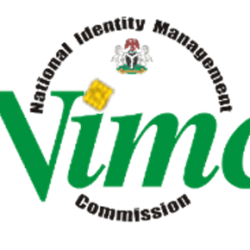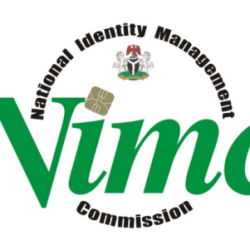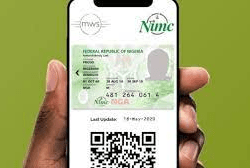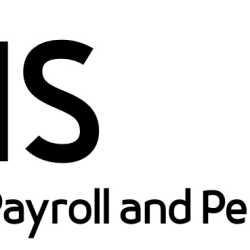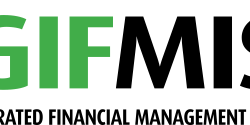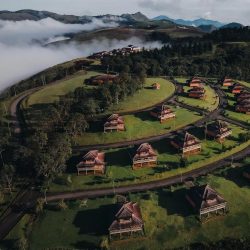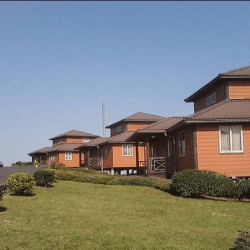There are 18 items you can change on your National ID Card.
Before you can change some items of information on your NIN or National ID card you’re to first pay a service fee is N500 per field (except for change of Date of Birth which is a non-refundable N15,000 meant for the processing your request). Payable through the NIMC into the TSA (CBN).
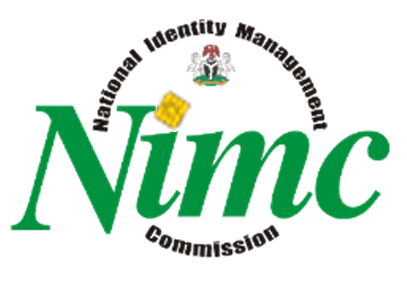
The updatable fields of Nigerian’s national ID card are:
- Names
- Date of Birth (The approved fee for a change of Date of Birth request is N15,000)
- Addresses
- Phone Number
- Place of Birth – State
- Place of Birth – LGA
- Place of Birth – Country (if different from Nigeria)
- Place of Origin – State
- Place of Origin – Town, Village
- Place of Origin – LGA
- Father’s NIN
- Father’s Town, Village of Origin
- Father’s State of Origin
- Father’s LGA of Origin
- Mother’s NIN
- Mother’s Town, Village of Origin
- Mother’s State of Origin
- Mother’s LGA of Origin
There are 17 fields you can never edit, namely:
- Gender
- NIN
- State of Registration
- LGA of Registration
- Registration Centre
- Ward
- Polling Unit
- Date of Death
- Date of Death Type
- Tracking Number
- Date of Registration
- Originating Centre
- Loading Centre
- ID Card Number
- Applicant’s Finger Print (Finger 1 to 10)
- Applicant’s Finger Print Reason (Finger 1 to 10)
- Applicant’s Signature
Nigeria
Nigeria is a country in Africa, a regional power on the continent and an emerging power on the international scene.

It has 36 states and a Federal Capital Territory, Abuja.
Having being divided into states, the country is further divided into 774 Local Government Areas (LGAs).
The LGAs are under the control of their respective states.
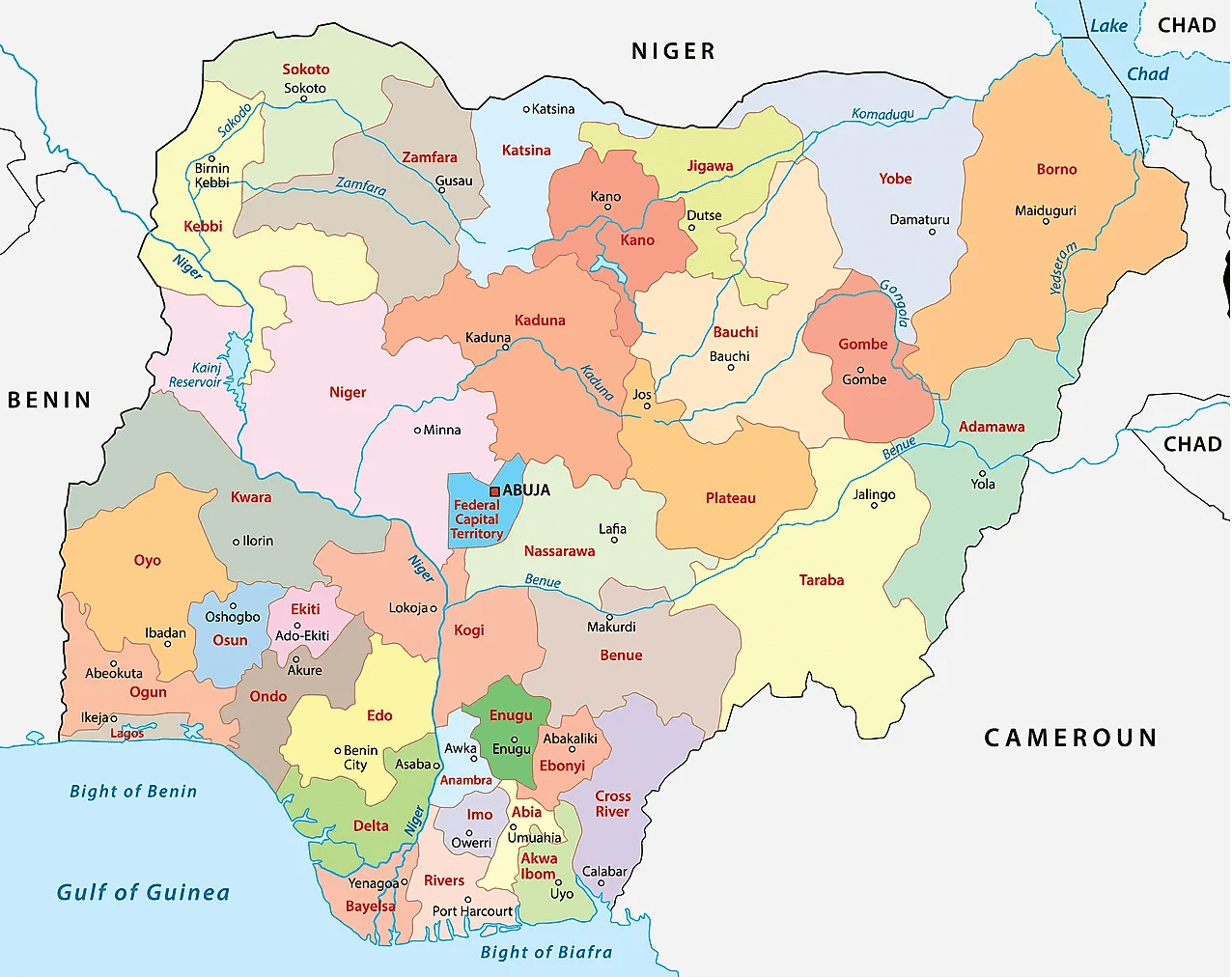
The country has the largest economy in Africa.
Nigeria’s population is over 230 million, making it number 1 most populated country in Africa, and number 6 in the world.

It covers an area of 923,769 square kilometres (356,669 sq mi).
It is situated between the Sahel to the north and the Gulf of Guinea to the south in the Atlantic Ocean.

Nigeria borders Niger in the north, Chad in the northeast, Cameroon in the east, and Benin in the west.
It is often referred to as the Giant of Africa owing to its large population and economy and is considered to be an emerging market by the World Bank.

However, the country ranks very low in the Human Development Index and remains one of the most corrupt nations in the world.

The largest city in Nigeria is Lagos, one of the largest metropolitan areas in the world and the largest in Africa.

Nigeria is a multinational state inhabited by more than 250 ethnic groups speaking 500 distinct languages, all identifying with a wide variety of cultures.

The official language is English, chosen to facilitate linguistic unity at the national level.
Nigeria is a founding member of AU (African Union) and a member of other international organizations including UN (United Nations), Commonwealth of Nations and ECOWAS (Economic Community of West African States).
